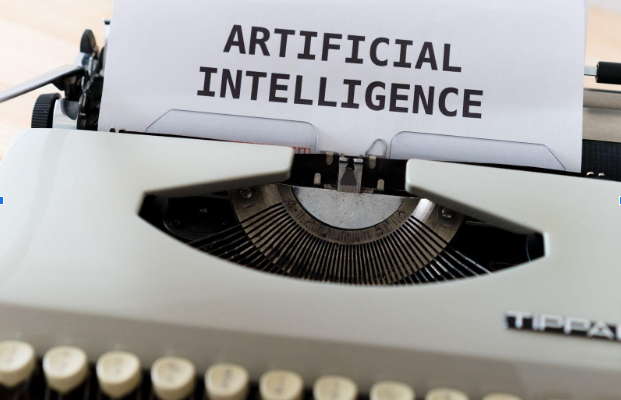Discover how AI and ML transform business and education and what challenges and opportunities they bring.
Machine learning and AI are two really powerful technologies that could totally change a lot of different areas of life, like business and education. They can enhance productivity, efficiency, creativity, and innovation. This article explores the current and future uses of AI and ML in various fields and the challenges and opportunities they bring.
AI and ML in Business
AI and ML are already widely used in business for various purposes, such as data analysis, customer service, marketing, decision-making, and automation. Companies can utilize AI and ML to streamline processes, decrease expenses, enhance profits, and obtain a competitive advantage. For example, AI-powered chatbots can provide personalized and instant responses to customer queries, while ML algorithms can analyze large amounts of data to generate insights and recommendations.
Some of the future trends of AI and ML in business include:
1. Conversational AI: Conversational AI uses natural language processing (NLP) and speech recognition to enable human-like interactions between machines and humans. Conversational AI can improve customer experience, employee engagement, and collaboration by providing natural and intuitive interfaces for various tasks and services.
⇒Join us on Telegram for more Sure and Accurate football-winning tips every day...click here
2. Computer vision: Computer vision refers to image processing and deep learning to enable machines to understand and interpret visual information. Computer vision can enhance various aspects of business, such as security, quality control, inventory management, and product development, by enabling machines to recognize objects, faces, emotions, gestures, and scenes.
3. Generative AI: Generative AI is a technology that allows devices to create creative and unique content like images, text, music, and videos. It uses techniques like GANs (generative adversarial networks) to enhance creativity and personalization. This technology can produce diverse, novel content for different purposes and audiences.
AI and ML in Education

Photo by Markus Spiske on Unsplash
AI and ML are revolutionizing education in multiple ways, including personalized learning experiences, adaptable assessment methods, feedback generation, tutoring systems, and curriculum design. One significant example is using AI-enabled adaptive learning platforms that tailor learning paths to students’ preferences, abilities, goals, and progress. Additionally, ML techniques can assess students’ performance and offer timely, constructive feedback to improve learning outcomes. As AI technology advances, devices like smartphones require increased processing power to handle these sophisticated applications. Fortunately, the MTN Catalogue provides special discounted prices for devices that meet these requirements, enabling students to leverage AI technology and derive its numerous benefits in their educational journeys.
Some of the future trends of AI and ML in education include:
1. Emotional AI: “Emotional AI” utilizes affective computing and sentiment analysis to allow machines to recognize and react to human emotions. “Dynamic AI” can enhance student motivation, engagement, well-being, and retention by offering empathetic and supportive interactions with devices that can adjust to their emotional states.
2. Social AI: Social AI is a technology that allows machines to interact with humans in a social setting by using social robotics and network analysis. This can improve student collaboration, communication, social skills, and cultural awareness by providing cultural and social interactions with machines that can mimic human behaviors and norms.
3. Ethical AI: Ethical AI refers to using moral principles and frameworks to guide the entire process of creating and assessing AI systems. This approach helps to ensure that AI aligns with human values, rights, and interests by addressing vital issues like accountability, fairness, transparency, privacy, and safety.
Conclusion
AI and ML are reshaping the future of business and education by providing new possibilities and opportunities for human advancement and empowerment. However, they also pose challenges and risks that require careful consideration and regulation. Creating a culture that promotes responsible and ethical use of technology is essential. This will ensure that technology is used for the greater good and benefits humanity.

![How To Use AI for Your Job Search: 6 AI Tools & Tips [2024]](https://ccnworldtech.com/wp-content/uploads/2024/04/images-8.jpeg)


